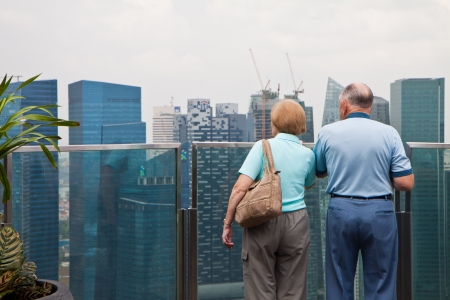Societal aging and its impact on Singapore
By Cynthia Chen, Julian Lim, Abhijit Visaria & Angelique Chan
Societal aging is arguably one of our most critical demographic challenges (World Bank, 2016).
Singapore is aging at a much faster rate compared to other countries. It will take only 27 years to
transition from an ‘aging society’ in 1999 (7% of the population aged 65+) to a ‘super-aged
society’ in 2026 (with 20% of its population aged 65+) (Tan Teck Boon, 2015). Japan, China,
Germany, and the United States took, or will take, 36, 32, 76, and 86 years respectively, to make
that transition (East Asia Forum, 2015). The resident population (i.e., Singapore citizens and
Permanent Residents) aged 65+ had doubled from 7% in 1999 to 15.2% in 2020 and is projected
to increase further to 32% by 2060. The percentage of those aged 85+ among the 65+ population
is projected to increase from 9.2% in 2020 to 26.8% in 2060 (Ministry of Manpower Singapore,
2021b). As shown in Figure 1, the total fertility rate in Singapore has fallen steadily from 5.76
children per woman in 1960 to 1.12 children per woman in 2021 (Department of Statistics
Singapore, 2021). Figure 2a shows the rising share of the population aged 65+, while Figure 2b
highlights the most rapid growth among those aged 85+ (OECD Stat, 2022).











